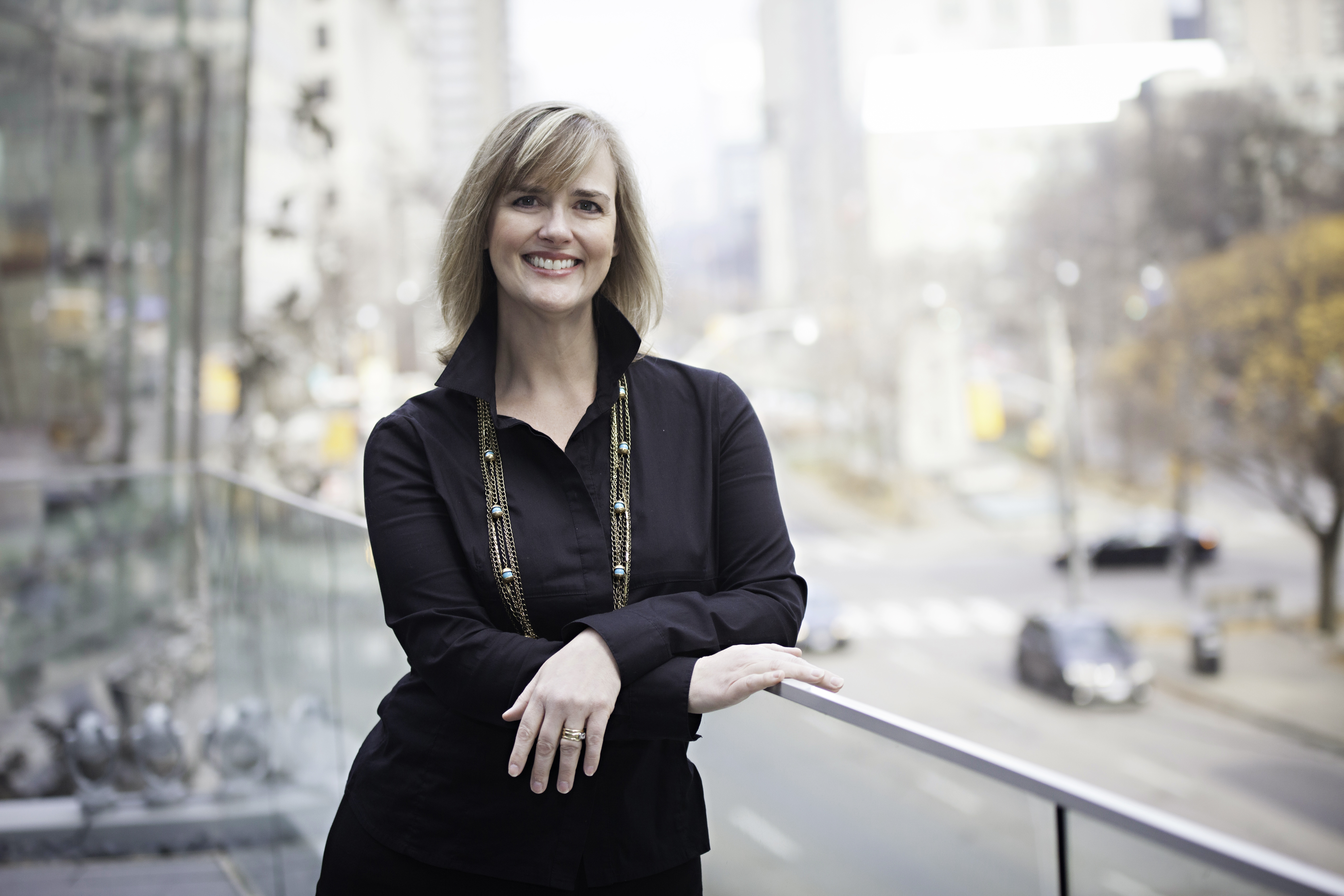publication date: Apr 8, 2020
|
author/source: Alison Holt
 How quickly things change.
How quickly things change.
Three weeks ago, clients were asking us questions we get at all times of year—how to close a major gift that’s in a cultivation cul-de-sac, how to set campaign goals with the right balance between ambition and prudence, or how to work with non-development colleagues on articulating fundraising priorities.
Now, we – and our clients, and the rest of the world – are looking at everything through a new lens. Carefully laid out plans, proposals and cases for support may no longer apply. A few weeks into the biggest global crisis of our generation, messages and communications that don’t acknowledge the new world we are living in sound tone deaf. But our work must go on.
Yesterday, I participated in a meeting of the advisory committee for Offord’s pro-bono partner LEAP|Pecaut Centre. LEAP invests in and helps scale breakthrough social ventures that make significant impact. Our discussion was focused on revenue development, and the issues and strategies we discussed exemplified the kind of thinking we’re working through with our clients.
Here are some considerations, based on the key elements of our conversation:
- Relationships have never been more important. As one of my LEAP colleagues said: “We know that relationships are what builds capital. Relationships in crisis build capital exponentially.” Reaching out to your donors and communities is a necessity right now, even if it’s just to check in.
- What is our unique role in this crisis? Think about the work you do, not necessarily the kind of organization you are, when thinking about how you can contribute (and how donors can support it). For instance, schools and community organizations might be stepping up to offer online educational tools; arts groups are connecting us with virtual performances.
- What story should we be telling? Who should be hearing it? Are we asking anybody to act? By now the barrage of emails from every entity you’ve ever done business with has slowed down. So, what happens now? See #2. Consider carefully whether your organization is filling an important need right now—or whether now is not the right time. Act thoughtfully and respectfully.
- But act quickly. Match your ability to connect with the speed of change out there. No one can wait until we have the “right” answer because there are no answers right now.
- Many people need help, and many others are looking for ways to give it. Again, refer to #2. The volatility of the markets will make major donors hesitant, but they may respond to urgent and specific need. Some of our university clients have paused their general annual appeals but sent out urgent asks for emergency relief for students stranded abroad. This is responsive to events in the world rather than pressing forward blindly with institutional priorities.
- Get creative with our partners. Your donors want to be part of the solution. How can you bring them into the conversation? Can you draw on their expertise to structure not only the work but their support? Ask them how they think they can make an impact. And don’t be afraid to be honest and candid about what your organization is experiencing. It’s OK to have a little institutional vulnerability. These are times the world has never seen before.
- Retool priorities, strategies, and approaches. The crisis is upending best laid plans for work, families and day-to-day lives. But that doesn’t mean we can’t – or shouldn’t – think about internal issues. Offord has heard from many clients that they are diverting work, reassigning tasks, and focussing efforts on shorter term projects. Now is the time for that database clean-up you’ve been putting off or to dive deeper into structure and roles. Now is certainly the time to connect more personally than you ever have. Many clients are personally calling their closest donors and constituents just to check in and connect—not ask—and are hearing positive feedback and support as a result.
- Our humanity matters now more than ever. Recognize that everyone is experiencing the crisis differently and coping in different ways. Empathy is crucial, as is listening. And there was never a better time to cut other people a break – even if it’s as simple as laughing when a toddler or dog wanders into the Zoom screen. Take your cues from your donors and constituents but ease your way into the new normal.
How lucky we are to work in a sector whose purpose is making the world a better place. We are blessed with colleagues who share their experiences in order to help others. You are on those front lines, and we at Offord want to know what’s on your mind and what we as a community can address together. Send me your queries, ideas and suggestions directly at alison@theoffordgroup.com.
Stay well, and let’s keep the conversation going!
Alison Holt is the Managing Director of Offord Group, a Marts & Lundy Firm.

 How quickly things change.
How quickly things change.